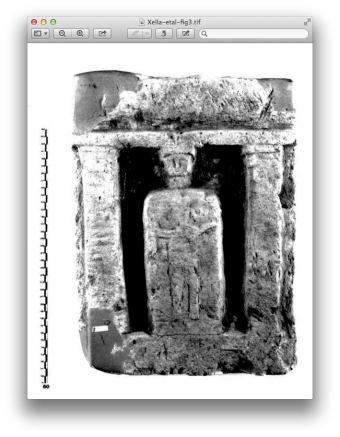A new paper co-authored by Peter van Dommelen, Joukowsky Family Professor of Archaeology and professor of anthropology, attempts to put to rest a long-standing mystery of the origin of infant bones found in Phoenician cemeteries in modern Tunisia and Italy. Experts have long been conflicted over whether the bones, found packed in urns and buried under tombstones, were the result of ritualistic sacrifices or simply carefully buried remains of children who died before or soon after birth. Van Dommelen's research, conducted with colleages from several European institutions, concludes that the Phoenicians did kill their own infant children, burying them with sacrificed animals and ritual inscriptions in special cemeteries to give thanks for special favors from the gods. Published in the journal Antiquity, the researchers used the manner in which the remains were buried and the inscriptions on the tombstones as evidence that pointed toward the sacrifice rather than natural death. Additionally, although hundreds of remains were found, there were far too few to account for all of the stillbirth and infant deaths in that area, according to the study.
Read more
